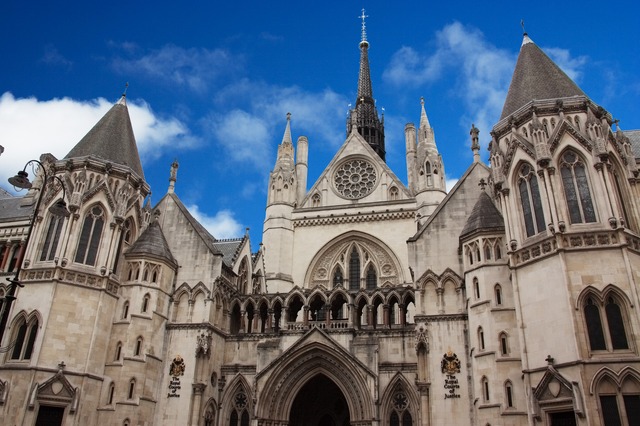England: Islamic religious marriage falls within scope of marriage law

The High Court in London has found that a couple’s Islamic marriage falls within the scope of English marriage law but is void in a ruling that could affect thousands of Muslims in England and Wales.
Solicitor Nasreen Akhtar, 46, petitioned the court for divorce from her husband Mohammed Shabaz Khan, 46, who she married in a religious ceremony in 1998.
The Independent Review into the application of Sharia Law in England and Wales, published in February 2018, acknowledged that Sharia councils cannot celebrate legally binding marriages.
It recommended that Muslim couples follow an Islamic marriage ceremony with a civil marriage in order to bring them into the scope of marriage and divorce law.
In this case, where that did not happen, Mr Justice David Williams ruled that the Islamic marriage fell within the scope of the Matrimonial Causes Act 1973 but was void under section 11 of the Act, which specifies “certain requirements as to the formation of marriage”.
The fact that the marriage was found to be void rather than a “non-marriage” has a major legal effect.
Commenting on the case, Hazel Wright, a family law specialist at Hunters Solicitors, said: “Ms Akhtar and Mr Khan both knew that their Sharia marriage was not a legally registered marriage. It became vital for Ms Akhtar that the English divorce court rule in her favour, that the marriage should be recognised as void, and not a non-marriage. Otherwise she would not have any rights to make any financial claims for herself.
“The ruling that this marriage was just like a marriage for the couple, their families and friends, and indeed it satisfied the UAE authorities, and so was a valid but void marriage has given heart to many who otherwise suffer discrimination.
“An Independent Review into the application of Sharia law in England and Wales, published in February 2018 and commissioned by the then Home Secretary Theresa May, calls for a regime of public education about the legal status of Sharia law. Sadly, it is quite likely that, as with the defusing of the idea of ‘common law marriage’ (which is and can only ever be cohabitation), this won’t be enough.”





